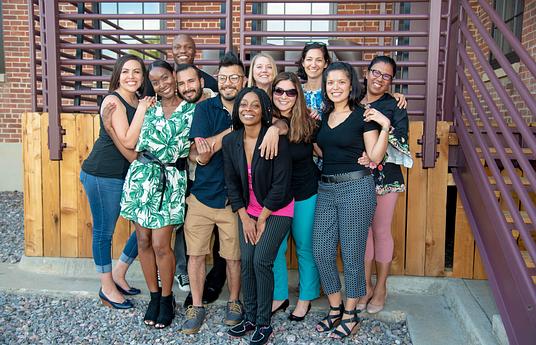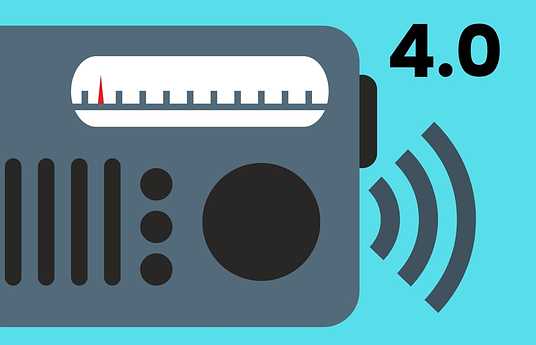Private schools in Brazil face a specific economic problem: their delinquency rates compromises their cash flow. This can be said to all business but the specific issue is that here schools are an essential service by law. They can't be interrupted from day to night. Educbank tries to solve this by acting as a creditor that covers monthly tuition fees that are not being paid by parents.
Our solution currently addresses this problem by guaranteeing that schools will receive their Monthly tuition for their enrolled students, even in cases where their parents are facing financial difficulties. We understand that education is an essential route to transform social realities. Our solution is based on evidence indicating that middle and lower class families which can still pay for a private school in Brazil might not be able to do so for much longer, due to consistent increases in school costs that are being allocated to families, and due to adjustments that are consistently higher than oficial inflation. On the other side of this relation, schools are also seeing their time and administrative capacity overburdened by tasks remotely connected to their highest end, that is, teaching.
Our main achievement as of today is to see our partnered schools more disburdened from tasks that aren’t connected to education. Also, to directly contribute to their learning curve in developing more efficient financial solutions for themselves, basing on our tools designed for them. We can say, in a nutshell, that our aim is to make schools better understand themselves in what concerns their financial issues. For the next few years our main goal is to build a platform that can withhold our scalability endeavour: to reach thousands of schools in our country.
You can reach us on our website directly with whatsapp or by submitting a pre-form. Since our service involves (to some extent, but not only) access to credit, the school should apply for a homologation trial based on our algorithm (currently in developmental phase). With this tool we can measure the schools default rates and build our proposal on top of that.



